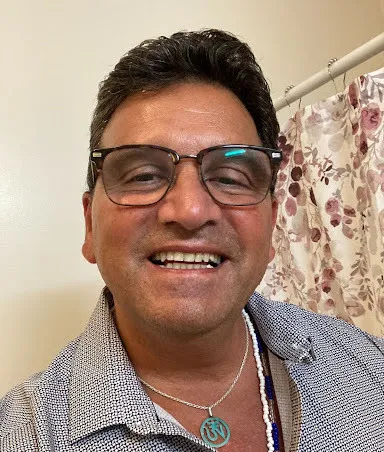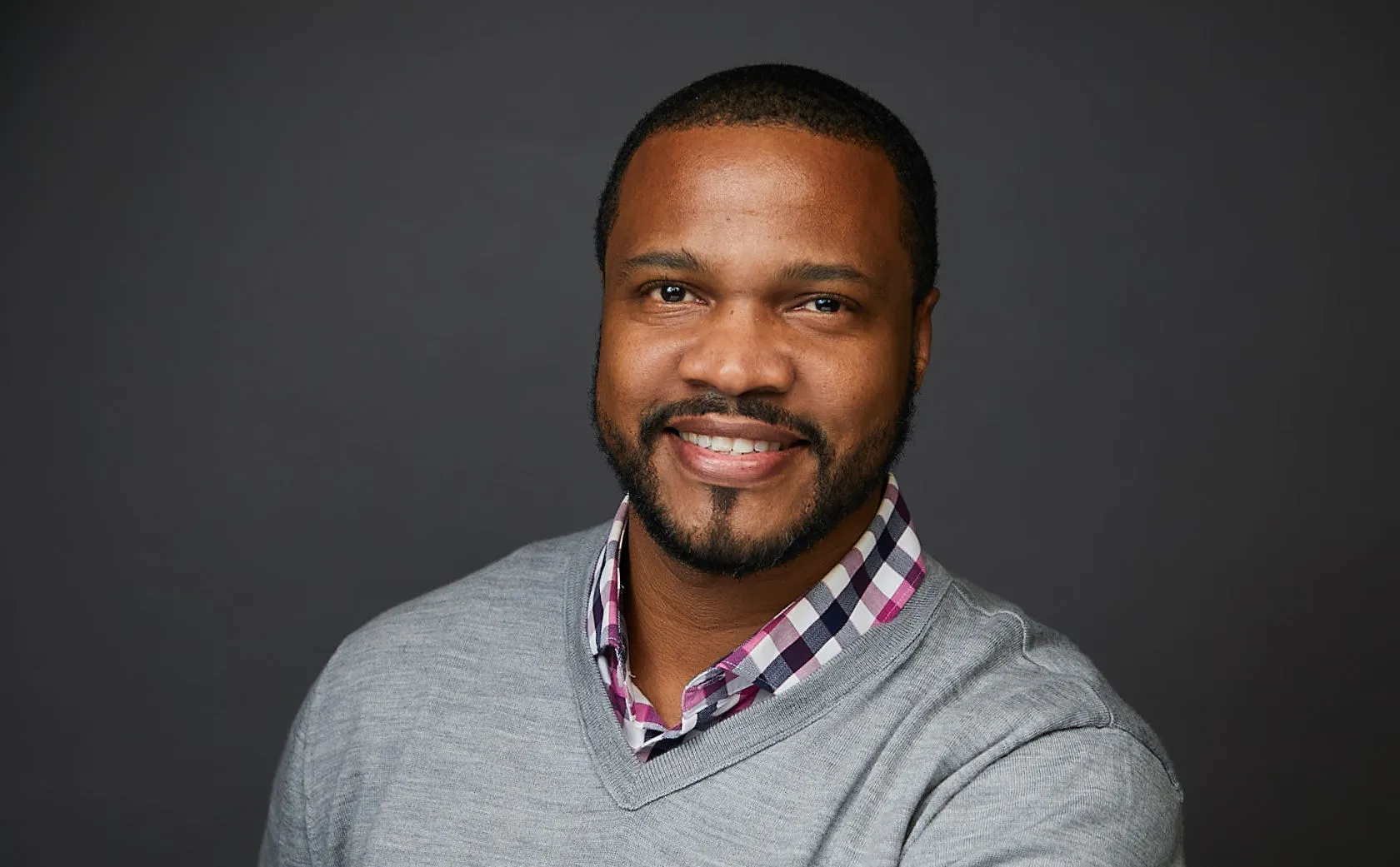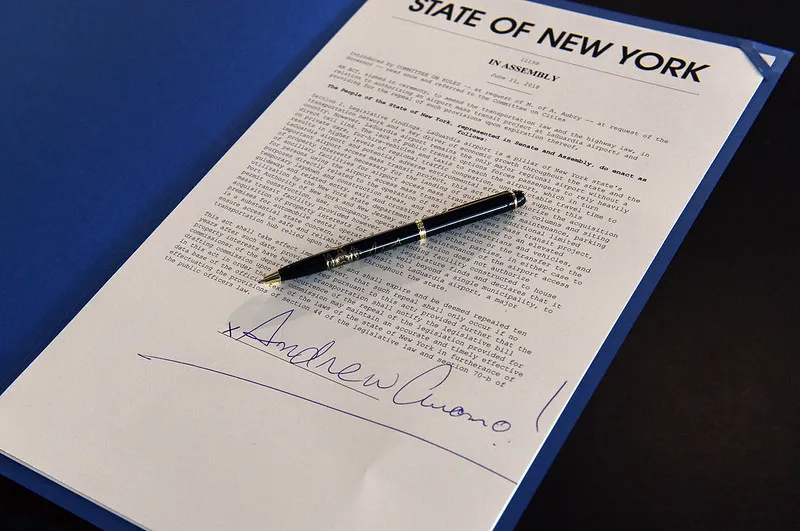Ever since he was young, Terrance had always considered himself a business-savvy individual. Hoping to one day open his own customizable t-shirt shop, he set out to educate himself on how to run a small business. While incarcerated in upstate New York, Terrance enrolled in college courses, majoring in Entrepreneurship Management.
“Before my release,” Terrance says, “I researched ways to find stability and improve my chances of success for when I got out. That’s how I found out about CEO.”
Terrance knew that having steady employment immediately upon his release would be crucial to achieving his objectives. It offered him peace of mind to know that he didn’t have to worry about such things as how he was going to eat, find transportation, or even purchase a new outfit for job interviews.
“A lot of the time, the biggest obstacle we face coming home is financial stability and even being able to provide basic necessities for ourselves, like food, clothing, and shelter. Without that foundation, people will resort to crime out of desperation.”
Initially, Terrance worked at warehouses and construction sites. Although the work was physically demanding, he embraced it as a stepping stone to eventually get to where he wanted to be in life. Soon, Terrance found employment as a prep chef at a local restaurant, before being promoted to a cashier position.
After spending a total of nearly two decades incarcerated, Terrance admits that the reentry process was surreal and at times quite difficult. Originally from New Jersey, he was now residing in a different state without his family. For weeks, Terrance felt as though he was living outside of his body as he adjusted to a new world of whizzing pedestrians with their heads down and eyes glued to cell phone screens. At times, he says that the pressure was nearly overwhelming.
Terrance, now a member of the Participant Advocate Council (PAC), a group of dedicated CEO participants and program alumni who engage in leadership development, says that he had to turn to his new set of friends for emotional support.
“It’s really important for individuals being released to have a support system that they can go to for guidance, information, or even a safe haven. I met a lot of individuals at CEO who I still keep in constant communication with. We support each other even though we just met upon being released. We have the same wants and needs, and we’re going in the same direction. We became each other’s support system.”
While incarcerated, Terrance wrote a business plan for a customized apparel service, which he named “Your Vision Ink”. Later, when he was released, he purchased the necessary equipment and started modestly, at first focusing solely on t-shirts. After a few months of being in business, he was able to reinvest in the company and purchase a hat press. From there, he built the business into a full custom apparel company.
“I had patience, but more importantly, I had a game plan. I put in the work to educate myself while I was inside, and then I came home and executed the plan.”
With the success of his apparel company, Terrance recently opened his second small business, a music recording studio called “Bloc Movement Media”, which provides sound mixing and recording services. He had always been passionate about music, but this was the first time that he had been able to actually turn it into a business. He also views it as a way of building up the community, as implied in the company name. He explains how he came up with it: “Bloc”, as in the gathering of individuals from different places and backgrounds; “Movement”, referring to a group of like-minded individuals with the same goals and intentions; and “Media”, which is a form of expression.
“It’s all about people coming together to better the community,” Terrance says. “The best way to do that is to express it—that’s where the “Media” part comes in. I’m not going to lie, it hasn’t been easy; it’s a daily struggle. But everything I’m doing right now is because of where I want to be five years from now.”




